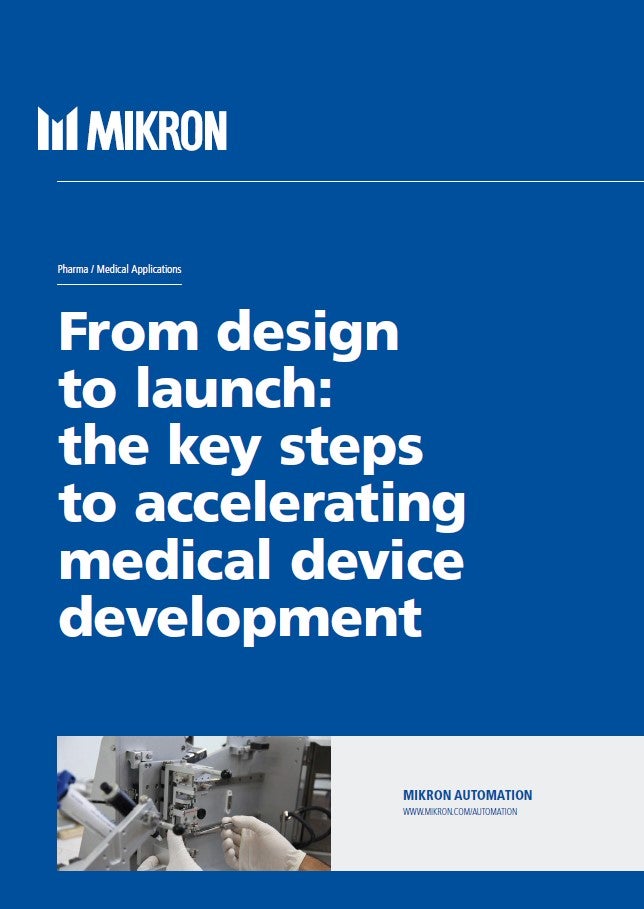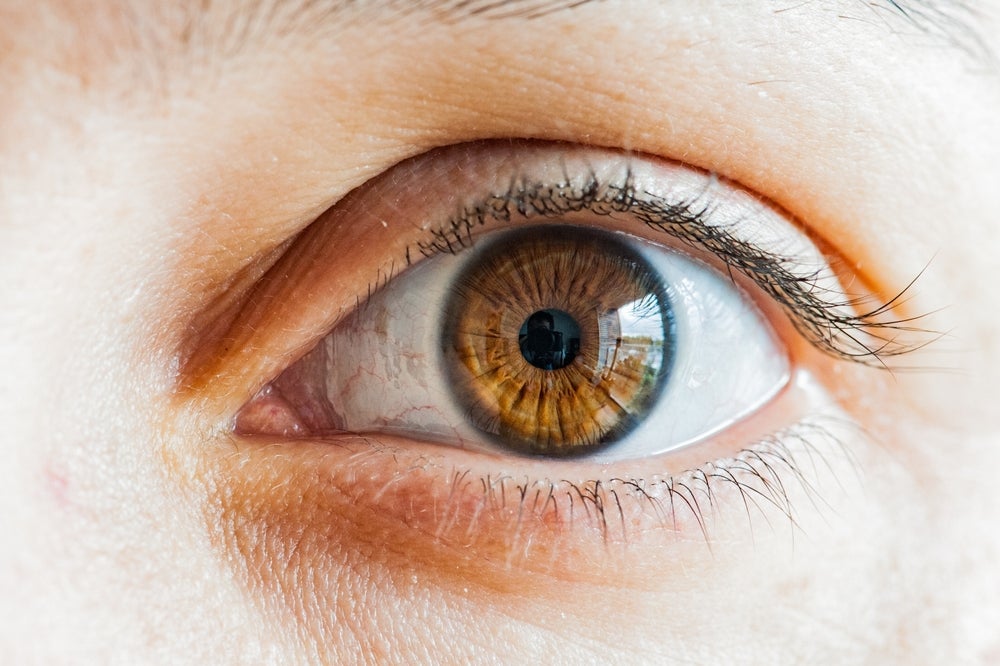
Medical Technology is now available on all devices! Read it here for free in the web browser of your computer, tablet or smartphone.
To kick off the new decade, we find out how technological innovations are revolutionising hearing aids, speak to industry insiders to understand how 3D printing is changing dentistry, and examine the challenge of regulating implants as the market continues to expand and new technologies continue to blur the boundaries between what is and is not a medical device.
Sticking with implants, we delve into the complicated world of transhumanism and biohacking to find out how rising interest in tech implants could impact medical devices, explore ways that tech can unleash preventative personalised medicine with Verita, and learn more about a computerised kidney, which is helping to shed light on dehydration.
Plus, we take a look at the current state of the medical tourism industry to see how technology is impacting such a profitable sector, find out how combining wearables and drugs could help to treat Alzheimer’s, and as always we get the latest industry analysis and insight from GlobalData.
In this issue
Timeline: the evolution of hearing aids
Hearing aids have come a long way since the weird and wonderful vacuum tube contraptions of the 1800s, but it’s only within the last few decades that a truly transformative wave of fashionable, functional devices have started to appear. But how did this happen? Chloe Kent looks back at the history of digital hearing aids, from the first devices of the 1990s to the innovative AI-powered technologies of the present day.
Read more.
How well do you really know your competitors?
Access the most comprehensive Company Profiles on the market, powered by GlobalData. Save hours of research. Gain competitive edge.

Thank you!
Your download email will arrive shortly
Not ready to buy yet? Download a free sample
We are confident about the unique quality of our Company Profiles. However, we want you to make the most beneficial decision for your business, so we offer a free sample that you can download by submitting the below form
By GlobalDataOpen wide: how 3D printing is reshaping dentistry
The dental 3D printing market is expected to reach $930m by the end of 2025, and its application across different procedures is far-reaching, from the development of dentures to Invisalign retainer braces. Chloe Kent speaks to Digital Smile Design director George Cabanas and Formlabs dental project manager Sam Wainwright to learn more about how 3D printing could help us all smile a little brighter.
Read more.
Regulating implants: how to ensure safety
As the implant market expands and new innovations become a reality, the challenge of regulating these new technologies is getting harder. With biohacking implants already being performed in tattoo studios, how will regulators ensure the safety of patients? Abi Millar reports.
Read more.
From grinders to biohackers: where medical technology meets body modification
A new generation of patients are demanding medical interventions that not only make it easier to manage medical conditions, but also enhance their day-to-day lives. Engineers and researchers have responded with futuristic innovations that push the boundaries of biohacking. Chloe Kent rounds up the bizarre and brilliant innovations that could be the future of medicine as we know it.
Read more.
Q&A: how tech can unleash preventative personalised medicine with Verita
Verita Healthcare Group is a company with fingers in many pies, but one of its key focuses is on bringing preventative healthcare to the masses through technology. Chloe Kent catches up with Julian Andriesz and James Grant Wetherill to find out more about the company’s latest digital health acquisitions and what it sees in its future.
Read more.
No filter: understanding how medicines impact dehydration
Computer models of a kidney developed at the University of Waterloo could tell us more about the impacts of medicines taken by people prone to dehydration. Natalie Healey finds out more.
Read more.
Medical tourism: how is digital tech reshaping the industry?
Medical tourism is a large and growing sector that is being driven by high costs and long waiting times in developed countries. But how is the rise of digital technology and Big Data influencing the development of medical tourism hotspots around the world? Chris Lo finds out.
Read more.
Triple combo: calming Alzheimer’s agitation with ai, wearables and a novel drug
BioXcel Therapeutics is developing an acute agitation drug, BXCL501, for Alzheimer’s disease. To improve management and prevention of agitation, the company is leveraging an existing wearable device and developing AI algorithms to predict and prevent aggressive agitation. Allie Nawrat explores this novel, triple combination initiative to prevent and treat symptoms of Alzheimer’s.
Read more.
Next issue preview
In the next issue of Medical Technology we take a look at the need for a more proactive approach to encourage health screening uptake, and explore ways that AI could help to make healthcare more human-centric.
Also in the next issue, we find out how a combination of virtual reality and haptics is being used to help virtually train surgeons to perform complex procedures, examine the potential of smell-powered diagnostics, and investigate the rise of chronic illness groups on social media platforms.
Plus, we examine how the uncertain future of Ehtylene oxide could impact device manufacturers, speak to Medidata about the company’s merger with Dassault Systèmes, and take a look at the withdrawal of Bayer’s Essure contraceptive implant.





